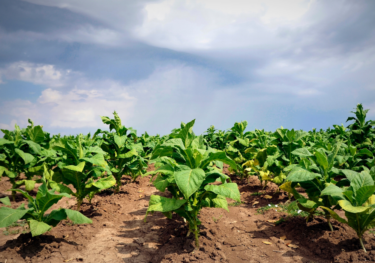Recent Release | 27 Nov 2023
The Economics of Reduced-Risk Products: Global policy landscape and principles for policy treatment

Economic Consulting Team
Oxford Economics

Heated Tobacco Products (HTPs) and vapour products (e.g., e-cigarettes) are new categories of Reduced-Risk Products (RRPs) in the tobacco market that have gained in popularity in recent years, with global sales of approximately US $20 billion each in 2020. In response, the World Health Organization Framework Convention on Tobacco Control (WHO FCTC) has generally advocated a precautionary stance. For HTPs that can mean imposing equivalent fiscal and non-fiscal rules that are applied to combustible tobacco products. For e-cigarettes, it can mean strict controls on usage, with a focus on protecting vulnerable groups.
However, pursuing a harsh stance towards RRPs could potentially limit policymakers’ options for mitigating health risks, and puts at risk the positive economic footprint supported by the RRP industry, in terms of the GDP, jobs, wages, and large R&D investments it supports.
Against this backdrop, we propose three key principles that regulating authorities should adhere to for optimal outcomes in their approach to RRPs: tailor restrictions on RRP usage to different groups; differentiate the treatment of RRPs from combustible tobacco products; and incentivise innovation in industry to achieve better health outcomes at the population level.
You might be interested in

Measuring the Value of Design in Singapore
This study explores how design delivers value to Singapore-based organisations, enhancing profitability, strengthening strategic performance, and supporting broad environmental and social benefits. It introduces a Theory of Change framework to help organisations more effectively communicate and measure the value of their design activities.
Find Out More
The Socioeconomic Impacts of Amazon Investments on local communities
New research from Oxford Economics finds that the opening of Amazon fulfillment centers lifts up local communities by increasing economic vitality while reducing hardship
Find Out More
The economic impact of Tata Consultancy Services in the UK
Tata Consultancy Services commissioned Oxford Economics to calculate their economic footprint in the UK in 2023/24.
Find Out More
The economics of data sovereignty and data localisation mandates
As governments across Asia race to build digital economies, the question of where data lives has become one of the region’s most economically consequential policy debates.
Find Out More